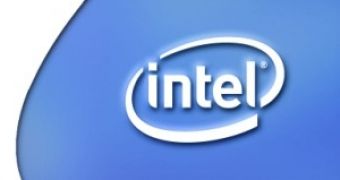One disadvantage in being on top is that you become a better target. That was the case with Microsoft and other corporate giants that have become the subject of antitrust lawsuits. Now it's time for Intel to see the other face of success: the allegations of multiple antitrust violations.
The first accusations come from archrival AMD who claims that Intel has used anti-competitive practices in order to establish a monopoly on the CPU market. These allegations were the subject of both prolonged legal actions in June 2005 and public manifests in major newspapers that described Intel as cruel and monopolistic.
Two years later, in July 2007, the European Union joined the battle and charged Intel with antitrust practices.Intel's senior vice president and general counsel Bruce Sewell issued a press release that outlined the fact that Intel had nothing to do with the alleged E.U. accusations. The company had to provide a formal answer until October 8th, 2007, but the period has been extended until January 4th, 2008.
Intel issued an official answer to the European Union's accusations that advised the Union to "bring it on". Intel continues to play innocent and has also requested the European regulators to evaluate in a hearing AMD's claims of illegal competition. Intel also insisted that its conduct had been "lawful, pro-competitive and beneficial to consumers".
Although this is a bold statement from Intel, antitrust lawyer David Balto, a former U.S. Federal Trade Commission policy director estimates that Intel's battle against the European Union will be paved with difficulties. "Intel is going to have a really significant challenge in the proceedings before the EU. The EU is much more sensitive to the long-term competition effects by dominant firms and much less ready to accept simple snapshots of a company's conduct."
If found guilty of antitrust violations, Intel will be fined up to 10 percent of its yearly sales. History teaches that those who raised against the EU paid dearly: Microsoft was found guilty in a similar case and had to pay a $690 million fine.

 14 DAY TRIAL //
14 DAY TRIAL //